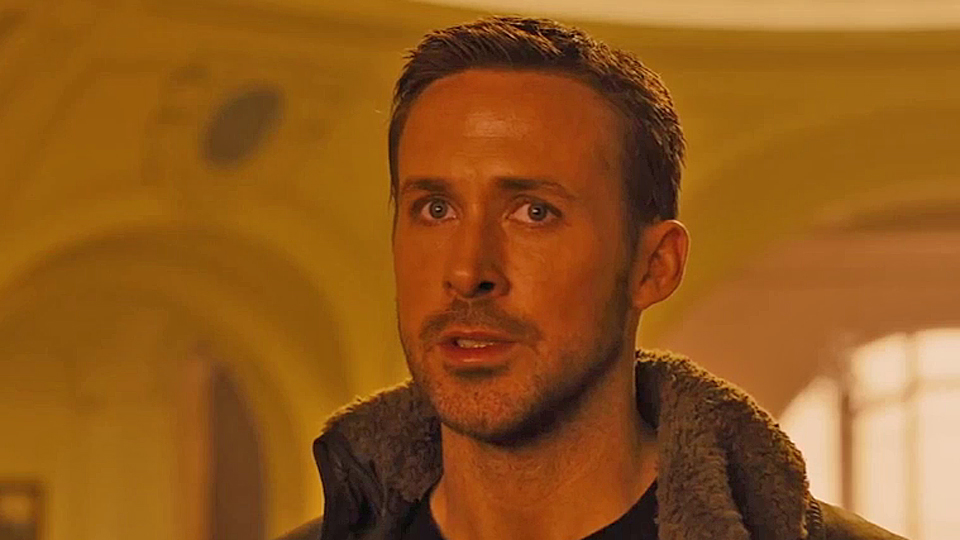
Science fiction movies provide at once a window into our past and a mesmerizing glimpse into the distant future; taking us to places and worlds all across the universe that exceed our imagination but speak to broader issues in our society.
In the hands of visionary directors such as Fritz Lang, Stanley Kubrick, Ridley Scott, or Andrei Tarkovsky, the sci-fi genre has evoked mankind’s greatest hopes and darkest fears; imbuing generations upon generations of moviegoers with a sense of greater purpose in far-reaching explorations of the human condition and the unfathomable mysteries of the cosmos.
From the art deco skyscrapers of ‘Metropolis’, the congested dystopia seen in ‘Akira’, the smog-choked alleyways of ‘Blade Runner’, the barren wasteland of ‘Stalker’, or the dungy swamps of Dagobah where Luke Skywalker trains to become a Jedi in ‘Star Wars’—we’ve pulled from over a century of cinematic history to round up the 20 best sci-fi films of all time.
20. Close Encounters of the Third Kind (Steven Spielberg, 1977)
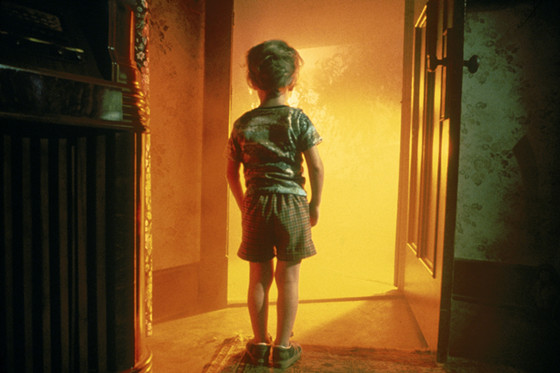
Mankind’s insatiable fascination with the great beyond is captured with mighty rapture in Spielberg’s heartfelt UFO classic, in which everyman line mechanic Roy Neary (Richard Dreyfuss) drifts further and further apart from his family after catching a glimpse at forces beyond comprehension.
Few filmmakers have left a bigger mark on the sci-fi genre as Steven Spielberg, whose credentials include a handful of stone-cold classics that could’ve easily earned a place in the present list (‘E.T.’, ‘Minority Report’, and ‘A.I. Artificial Intelligence’ come to mind). However, ’Close Encounters’ stands as the clearest, yet most mature, expression of his unique vision—a film that not only signaled the director’s nascent status as one of Hollywood’s preeminent voices, but also set the template for almost every first contact movie that followed.
19. Brazil (Terry Gilliam, 1985)
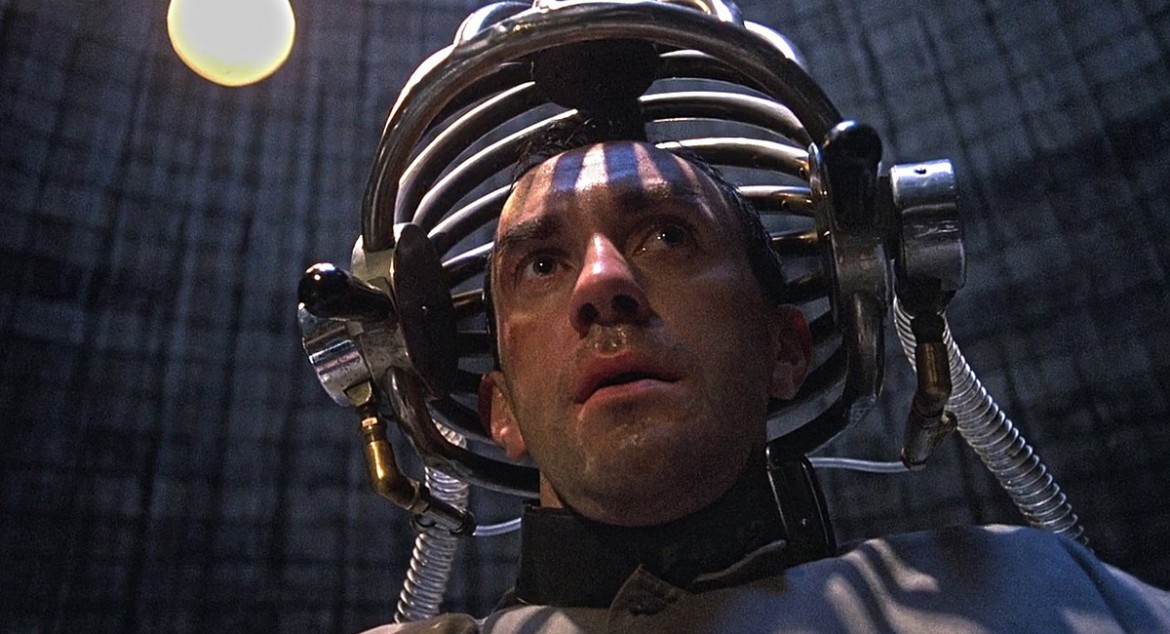
Technological overdependence, bureaucratic inertia, and totalitarian oppression rear their ugly head in Terry Gilliam’s delightfully provocative dystopian parable, in which a downtrodden clerk named Sam Lowry (Jonathan Pryce) unwittingly fumbles himself into a cacophony of misunderstandings, mistaken identities, state cover-ups, and massive corporate conspiracies.
At the intersection of Orwellian satire, idiosyncratic romance, retro-futuristic fantasy, and no-holds-barred political statement, ‘Brazil’ makes its anti-authoritarian tenor clear; playfully illustrating the dangers of conformity when technology goes awry. Bolstered by boundlessly inventive set designs and immersive world-building, Gilliam’s opus announced itself as one of the most prescient sci-fi movies of the late 20th century, growing more depressingly pertinent with each passing day.
18. Children of Men (Alfonso Cuarón, 2006)
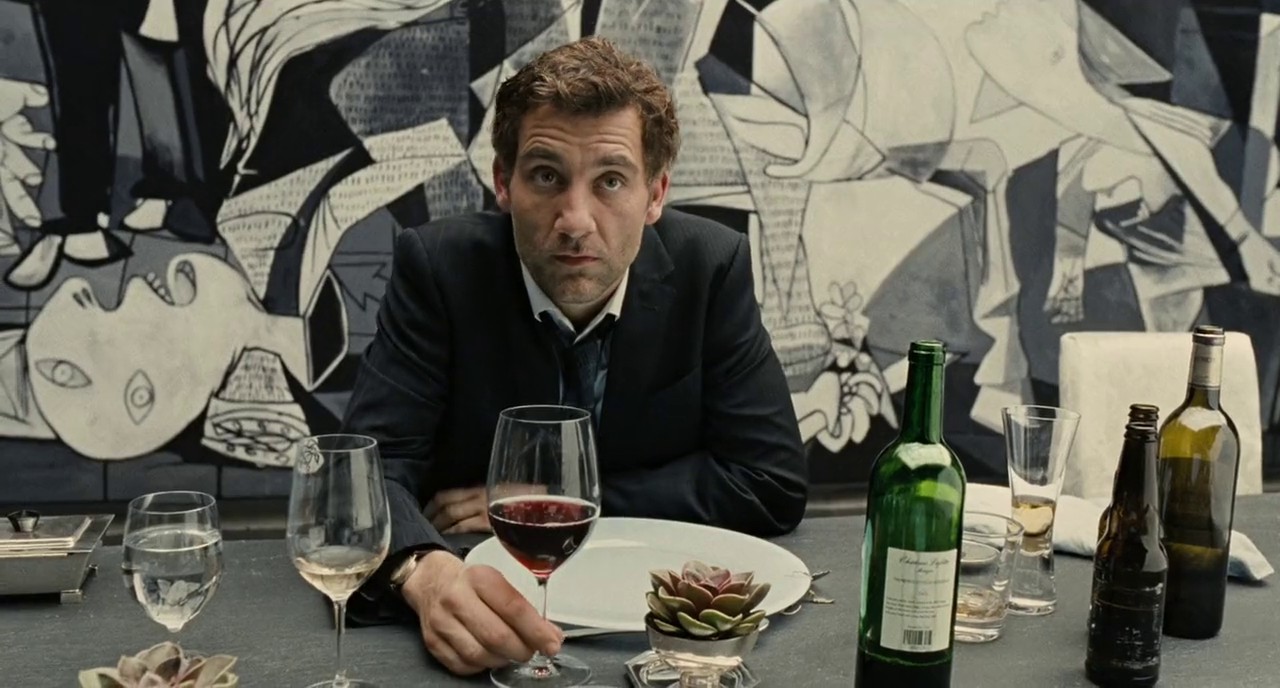
Speaking of bleak dystopias that will make the hairs on the back of your neck stand on end by envisioning a near-future all too recognizable to our own, Alfonso Cuarón delivered one of the most gut-punching prognoses of the new millennium with this gloomy adaptation of PD James’ novel.
Lushly photographed by virtuoso cinematographer Emmanuel Lubezki, ‘Children of Men’ transports us to 2027 England, where entropy reigns supreme after a global fertility crisis pushes the world order all but to the brink of collapse. With no baby being born in the past 18 years and mankind’s survival hanging by a thread, disillusioned civil servant Theo (Clive Owen) takes it upon himself to smuggle a miraculously pregnant refugee all the way to a safe sanctuary at sea. Not to be missed.
17. The Matrix (Lilly & Lana Wachowski, 1999)
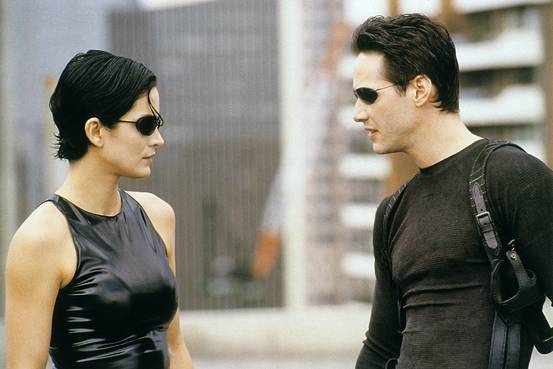
The Wachowskis ended the century on a high note with this frat boy staple, a film which single-handedly brought trench coats, wraparound shades, and black leather back in style while spawning an endless stream of barbershop talk and online chatter on the nature of existence, red-pilling and glitched simulations.
After being buried under popular acclaim and shamelessly ripped-off for almost 25 years now, it’s easy to forget how refreshing and provocative ‘The Matrix’ once felt. Set in the 22nd century, this cockeyed fusion of cyberpunk sci-fi, martial arts galore, thinly-veiled religious analogies, and dorm-room level philosophy instantly seeped into the broader cultural imagination. Three sequels and countless knockoffs later, the original ‘Matrix’ remains one of a kind.
16. Fantastic Planet (René Laloux, 1973)
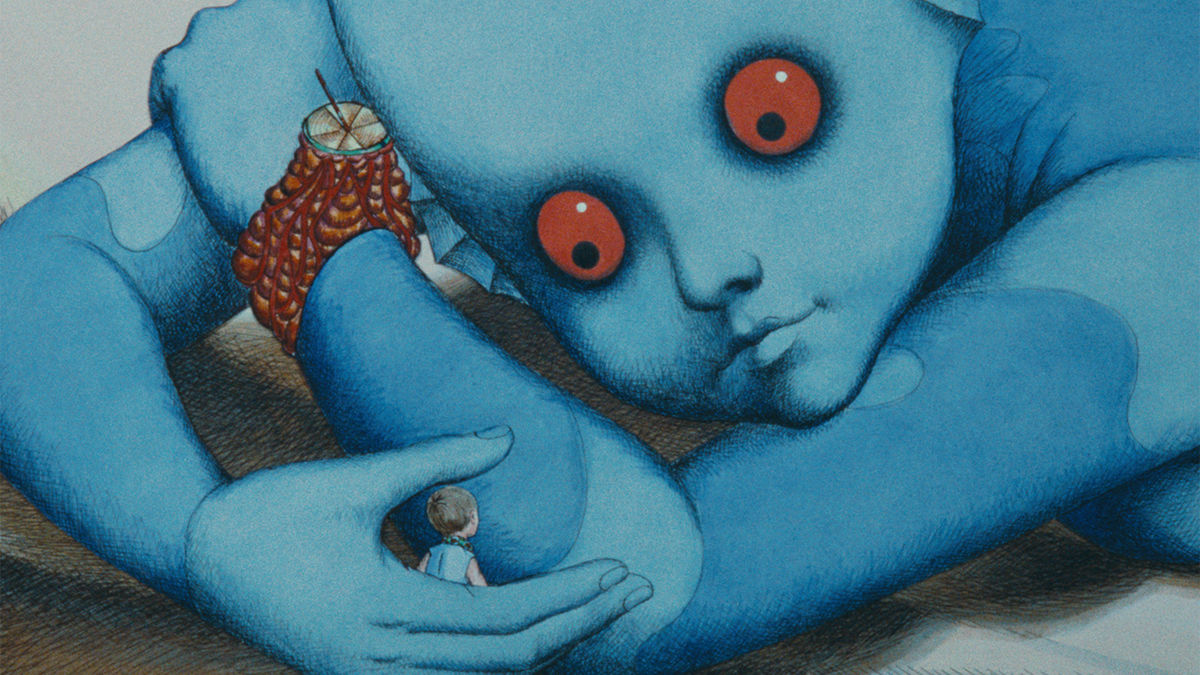
Both as a brazenly courageous act of political activism and an insurmountable feat in hand-drawn animation, this trippy French classic retains its blistering power some 50 years after it was released. Brought to life by a team of Czech animators amid a Soviet invasion, ‘Fantastic Planet’ drops us in the bizarre planet of Ygam, where a blue giant race called the Draags subjugates a smaller and more primitive human race, the Oms; viciously hunting them down and reducing them to witless playthings.
At once wondrously imaginative and disarmingly unsettling, René Laloux’s psychedelic acid trip tears at the very fabric of colonization, genocide, racism, animal cruelty and oppression. Whether you’re looking for an assault to the senses that will engulf you at a purely sensory level, or a politically charged allegory that will challenge your preconceived notions about our world order, ‘Fantastic Planet’ will not disappoint.
15. The Fly (David Cronenberg, 1986)
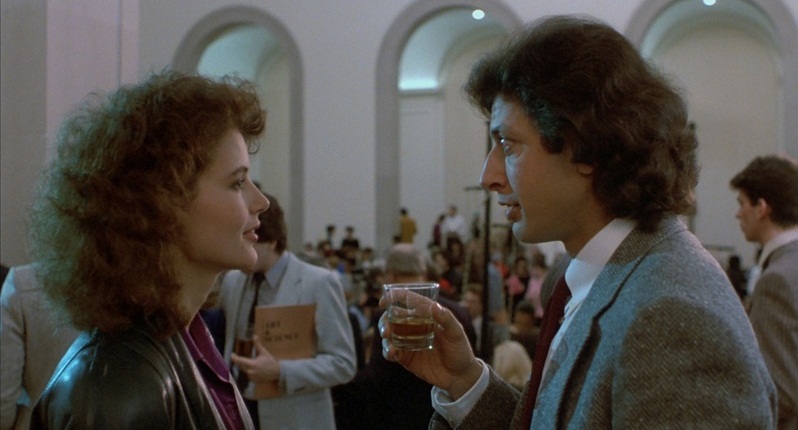
In the past fifty years, few filmmakers have crossed genre boundaries and swerved around with such swaggering confidence as David Cronenberg’s. Having carved a perfect niche for himself in the eighties and nineties as the undisputed cinematic master of the flesh, the Canadian auteur cut a deep gash with this gnarly remake of Vincent Price’s 1958 monster flick, which briskly but chillingly conveys the extremities and fragility of the human body.
At once a campy romantic comedy and repulsive B-horror, ‘The Fly’ centers around an eccentric scientist (Jeff Goldblum) who gets a lot more than he bargained for while conducting some run tests for his revolutionary teleportation device. Deceptively simple yet surprisingly profound, Cronenberg’s film will make you ponder about your own mortality.
14. The Face of Another (Hiroshi Teshigahara, 1966)
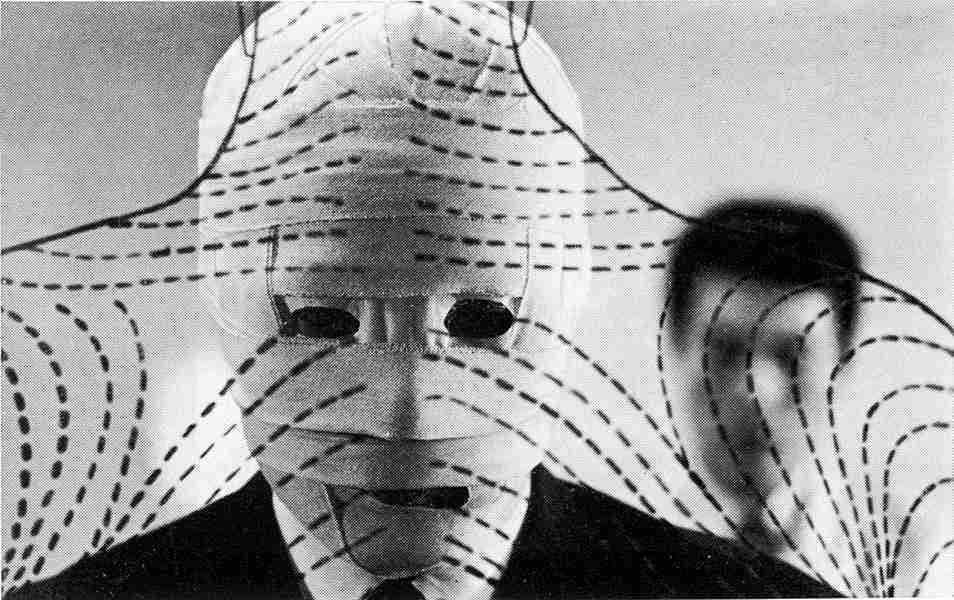
Courtesy of Japanese iconoclast director Hiroshi Teshigahara comes this expertly crafted and endlessly thought-provoking existential exploration of the meaning of individuality and self-identity that casts an unwavering eye on our ever-alienating and soulless society.
Lacing its jabs on a despondent businessman (the great Tatsuya Nakadai) who’s burned and disfigured during a work-related accident, the film charts his descent into madness and diminishing sense of self; punctuated by an experimental face transplant he goes through in which he’s given a lifelike mask created from the mold of a stranger. This provides the character with an intriguing opportunity of assuming a new identity and perhaps a new life altogether and gives audiences a lot to chew on once the credits roll.
13. La Jetée (Chris Marker, 1962)
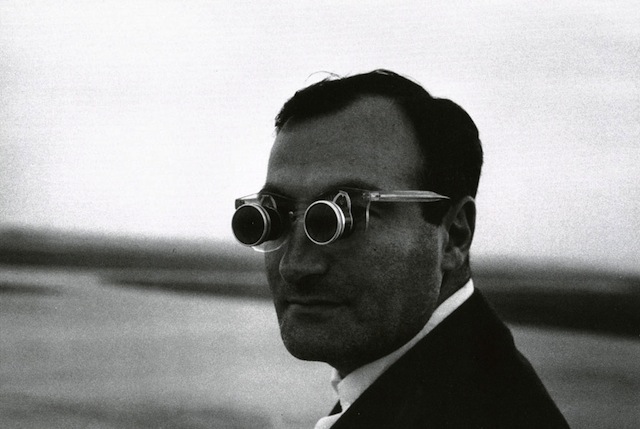
Past, present, and future collide and muddle together in this evocative meditation on memory, war, and the human soul, in which a prisoner living in a post-World War III Parisian bunker tries to navigate through the faint echoes of his own past, and perhaps, unlock the power to journey back and forth in time and space to simpler times.
Overturning convention and challenging traditional ideas of filmmaking, ‘La Jetée’ is as slippery as childhood memories and as ineffable as the inner workings of the human mind—composed entirely of still monochrome photographs loosely strung together by the basic concept of yearning. Though the film clocks in at a breezy 28 minutes, it is overflowing with images and sounds so arresting that can lodge into one’s mind for an entire lifetime.
12. Primer (Shane Carruth, 2004)
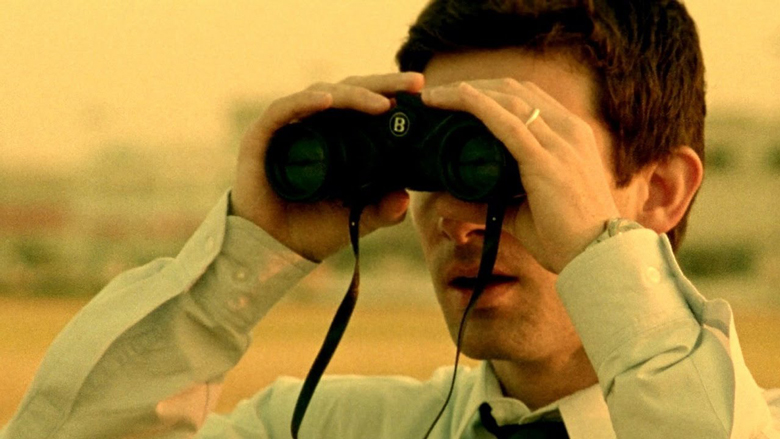
Time travel will never be the same once you plunge into this deliberately impenetrable yet endlessly riveting Möbius strip of a movie, in which a bootstrapping software engineer (Shane Carruth) and his best buddy (David Sullivan) take advantage of the revolutionary device they inadvertently build together in their basement.
Allegedly shot for a meager $7000, Shane Carruth’s brain-melter is an astounding feat of DIY filmmaking as well as one of the most grounded and cleverly constructed depictions of time travel ever put into celluloid; one that swerves around most of its well-trodden conceits and dares to grapple with the moral pickles and existential quandaries that come with it. If you don’t mind putting your brain through the wringer and rushing to Wikipedia plot synopsis once the credits roll, ‘Primer’ will make good on its high-concept promise.
11. The Empire Strikes Back (Irvin Kershner, 1980)
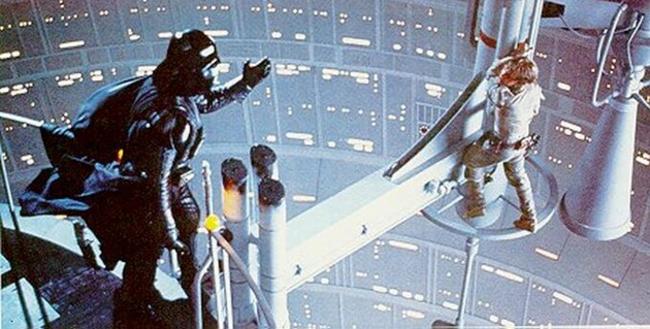
Not even the ongoing debasement of this once great IP (that went all downhill from here) can sour the sheer force and cinematic splendor of ‘Empire’, a stone-cold cultural touchstone whose shadow looms darkly over every summer blockbuster and sequel released in the past forty years.
There is little to add about what’s already been universally codified about the movie that breathed new life and expanded George Lucas’ galaxy by taking its mythos and tableau of characters into bold, unexpected directions. Darker, deeper, and richer than the original, ‘Empire’ improved upon the stew of Westerns, jidaigeki and space adventure serials by upping the stakes and reaching for the sublime. The result is a space adventure with heart, pathos, unmatched rewatchability, and the greatest rug pull of all time—one that’s been mythically embedded in our psyche ever since.